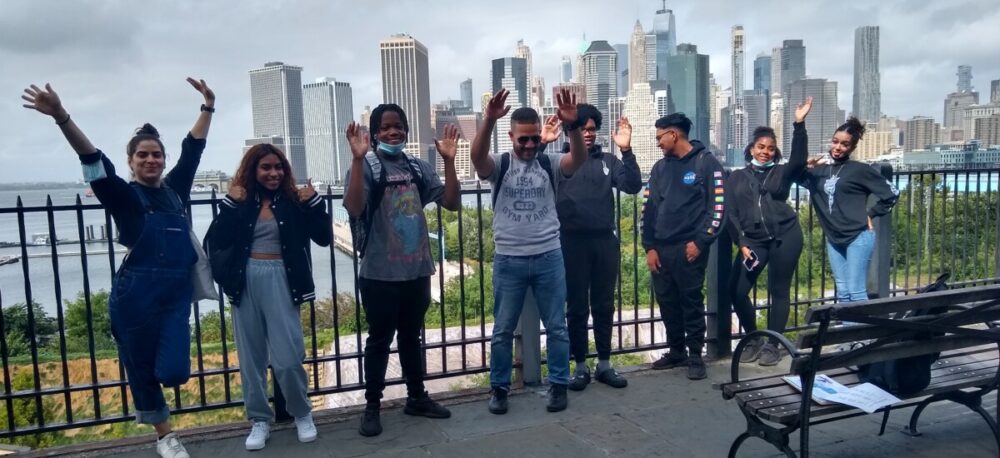In The Dark is a podcast series hosted by Madeleine Baran and produced by APM Reports. The podcast has three seasons with Season 2 focusing on the controversial case of Curtis Flowers. The first 17 episodes of the season were released in 2018, with an additional 3 episodes being released in 2020. According to the APM Reports blurb found here, the case involves Curtis Flowers, “a Black man from Winona, Mississippi, who was tried six times for the same crime. Flowers spent more than 20 years fighting for his life while a white prosecutor spent that same time trying just as hard to execute him.”
The topic of the podcast is the case of Curtis Flowers, who in 1996 was accused of shooting four people in a furniture store he had previously worked at called Tardy Furniture. That was just the beginning of his journey as Flowers spent 20+ years in jail in a cycle of trials and appeals all while being on death row.
A lot of different terms we learned came into play in the podcast. First of all, it does involve a trial, a defendant (Curtis Flowers), a prosecutor (District Attorney Doug Evans) since it was a criminal case, judges, a jury, a writ of certiorari was filed at one point, and a lot of appeals took place with the Mississippi Supreme Court and a few with the US Supreme Court. As we learned, if an appeal is overturned the case goes back to court and is able to have a re-trail. So since the conviction was overturned during the appeal process multiple times as well as a few of the trials resulting in a hung jury, Flowers went to trial six times for the same crime. Going off of that, since the original trial court found him guilty, he was able to be tried again and again. Double jeopardy only applies if he had been found not guilty in trial courts. Essentially, Flowers “had a first trial – six times” (quote from the APM article here).
The case eventually made its way to the appeals court, Mississippi Supreme Court, and US Supreme Court because of all the flaws and unjust acts brought to light through the decades Flowers was on trial and in jail. Through the investigation and during the appeal process, it was brought up the various ways Evans catered things, including jury picking, in order to guarantee an unfair trial for Flowers. One of the biggest examples was Evans used almost all of his strikes on African American potential jurors (striking them at almost 4.5 times the rate than white potential jurors). In an odd point also made, Evans was able to be the prosecutor on all six trials against Flowers.
It is an extremely compelling podcast and story; I suggest everyone give it a listen! I listened to it on Spotify but it is also available on iTunes and Google Podcasts. Normally I am not a podcast person but the way Baran and her colleagues handle the investigation is really amazing. Just by listening, you can tell they are determined for the truth and to expose things that went wrong with Flowers’ case. They push for justice and put in hours upon hours, completely immersing themselves in the case. They spend months in Mississippi speaking with countless people, those from the area and even Flowers’ family. I think it does accurately portray the corrupt and immoral side of the legal field and prison system. So many times we hear about cases where innocent people are on death row or in jail for crimes they did not commit. Or even in jail and serving an insane amount of time for a crime that should not be given that amount of sentencing. Although we all hope for the best and want to expect the best in people, these things happen. It also shows the side of the legal system that will fight for justice and fight for those who are being overlooked or even taken advantage of.




